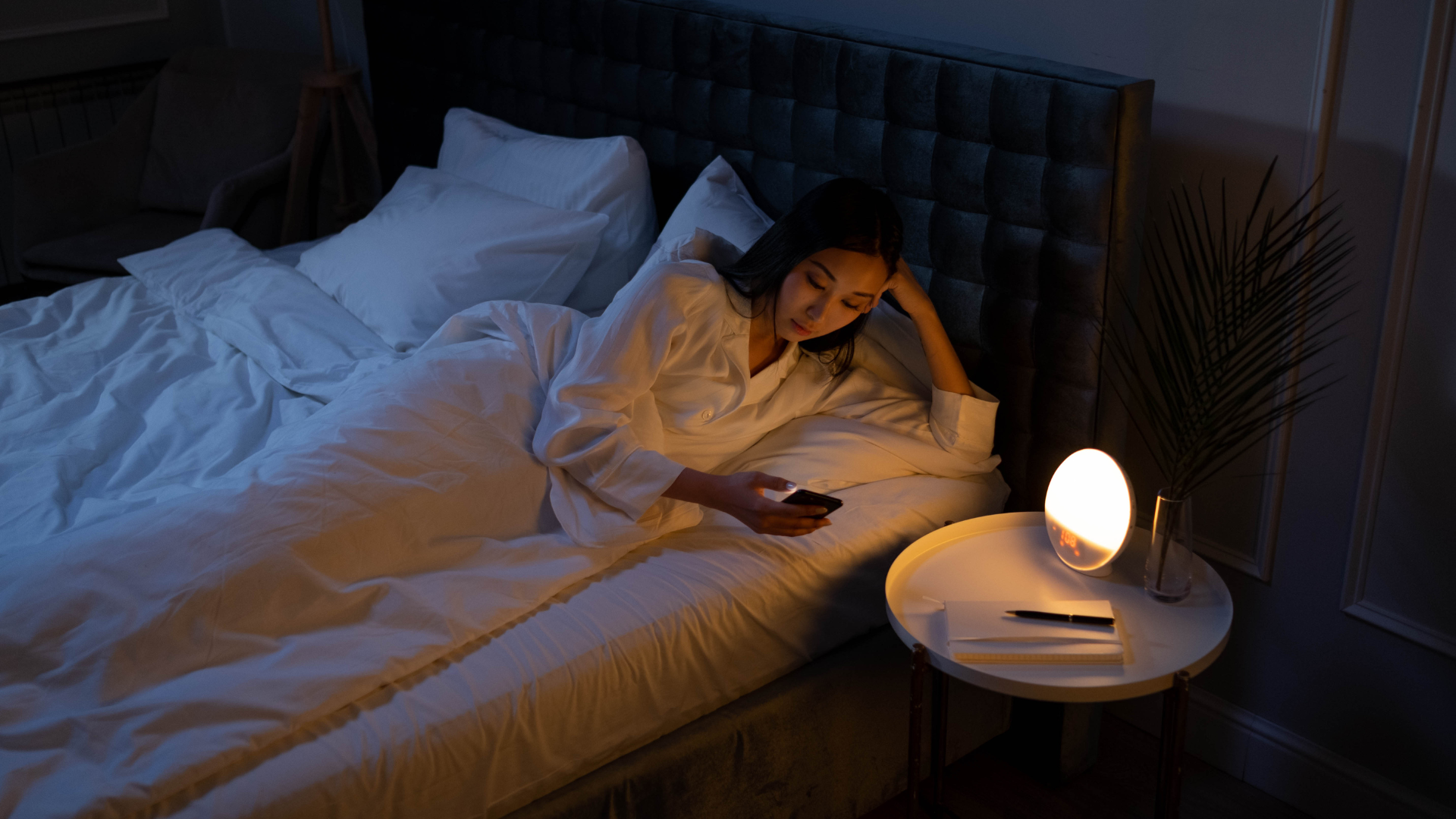
21 Dec Shift Work Sleep Disorder: What Is It, How to Combat
People who work nontraditional shifts for a job might have shift work sleep disorder.
Shift work sleep disorder is a circadian rhythm sleep disorder that causes trouble in falling asleep, staying awake, and staying asleep.
One of the main causes of shift work sleep disorder is when there is a discrepancy between the body’s “internal clock” and external environment, affecting your sleep’s timing and quality.
An example of a mismatch between the body’s “internal clock” and external environment is when you schedule your sleep during daylight hours. Normally, the body registers sunlight as a time to wake up and be active.
Aside from the difference between the body’s internal clock and external environment, hormones can also play a role in causing shift work sleep disorder.
Melatonin regulates the body’s sleep and wake moments and is usually released during the night.
Cortisol, a stress hormone, is usually low during the night, which can promote relaxation and calmness. During the day, it peaks its levels, affecting the quality of your sleep if you are a daytime sleeper.
Symptoms of Shift Work Sleep Disorder
Symptoms that people usually experience with shift work sleep disorder include:
- Insomnia
- Hypersomnia or excessive sleepiness in unwanted times
Other symptoms include:
- Headache
- Difficulty concentrating
- Decreased energy levels
- Mood swings
There are ways to manage shift work sleep disorder, but if you continue to experience symptoms of the disorder, it is best to talk to your health care provider.
Manage Shift Work Sleep Disorder
If possible, talk to your employer about changing your work schedule or other work setups that might help you adjust better.
Dr. Sheau Hwa Wong, a sleep medicine and iCare’s sleep better expert, recommended progressively shifting your sleep schedule by delaying your sleep a little at a time each day when you know that your work schedule shift is coming.
“Following the shift change, you can make use of melatonin, commonly used for treating jet lag, to help you get to sleep,” Dr. Wong added.
The sleep medicine expert also recommended trying to get as much sun exposure as possible to help you adjust quickly to the next shift change.
If you are experiencing sleep problems, it is best to consult your doctor early to prevent it from becoming a chronic problem.
Know more about the iCare Sleep Better program here.
iCare | Trusted HMO Philippines



